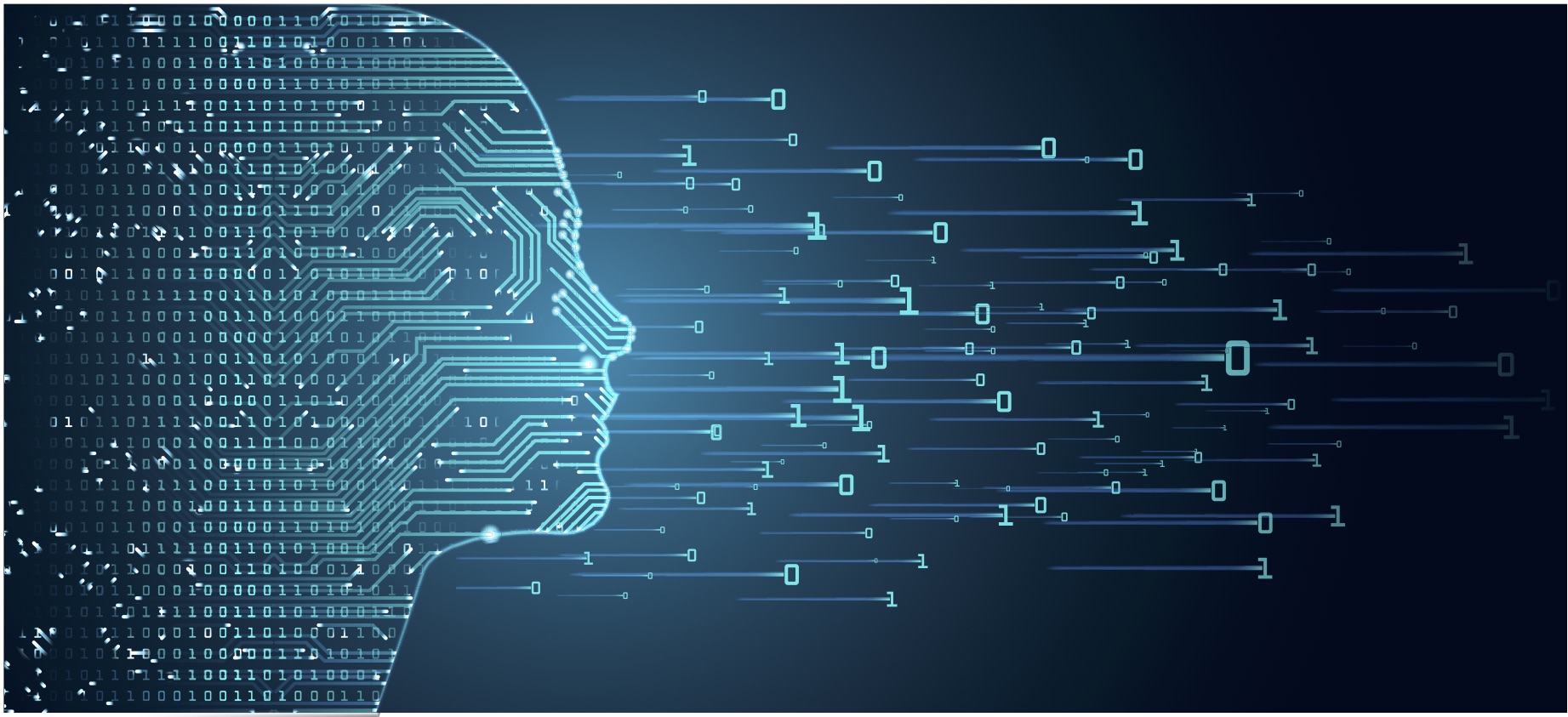
While depression can be a challenge for people of any or circumstance, stroke patients can be particularly susceptible.
To help providers identify and treat post-stroke depression sufferers, researchers at Hiroshima University have tapped AI to develop a mood disorder identification tool that may improve the mental healthcare of stroke survivors.
Specifically, the team wrote in Scientific Reports, they “devised a machine learning approach to analyse the relationship between post-stroke mood disorders and indices obtained from functional evaluation tests.”
For their study, the team trained their machine learning model using a dataset with information from 274 stroke patients at Hibino Hospital. The model used 36 evaluation indices obtained from functional, physical, and cognitive tests given to the 274 stroke survivors, and patients “under treatment of major psychiatric illnesses, such as major depression, bipolar disorder, schizophrenia, or schizoaffective disorder, were excluded.”
According to the report, “(t)he relationship between mood disorders and motor/cognitive functions were comprehensively analyzed by performing input dimensionality reduction for the neural network.”
The team noted that “after a stroke, various physical disorders, cognitive dysfunction, and mood disorders associated with stress responses are intricately intertwined, making it difficult to understand the etiology of PSD (post-stroke depression) and, therefore, making the diagnosis of PSD challenging. Therefore, it is necessary to clarify the relevance of such complicated post-stroke symptoms to improve rehabilitation outcomes.”
In addition, the report explained, “(s)troke survivors present notable but varying degrees of residual disability, either physical disability or cognitive disorder, which hinder their ability to perform ADL(activities of daily living). Moreover, residual physical disability causes distress and depression in many stroke patients. This is traditionally thought to be a normal mourning process corresponding to a reactive psychological mechanism. However, when such mood disorders become severe and morbid, they indicate neuropsychiatric alterations, such as PSD, impeding patients to actively participate in rehabilitation and adversely affecting their functional recovery. Thus, early diagnosis and intervention are crucial for PSD.”
The researchers pointed out that their study is just the first step in aiming to accurately diagnose PSD using data obtained in routine practice without any special equipment, and they concluded by noting that “(t)he degree of depression, apathy, and anxiety observed in this study was relatively mild in comparison with that typically observed in patients with major depression. Moreover, patients with severe comprehension deficits who could not perform the cognitive function tests were excluded from this study. Thus, these results may not be applicable to all stroke patients.”
Photo by Ryzhi/Getty Images


